Founded by Marine Gauthier, an expert in social and environmental advocacy, doctoral researcher in social sciences and consultant to the United Nations on multi-stakeholder governance, CAP! draws upon multiple areas of expertise in order to bring comprehensive services to the advocacy projects of its clients.
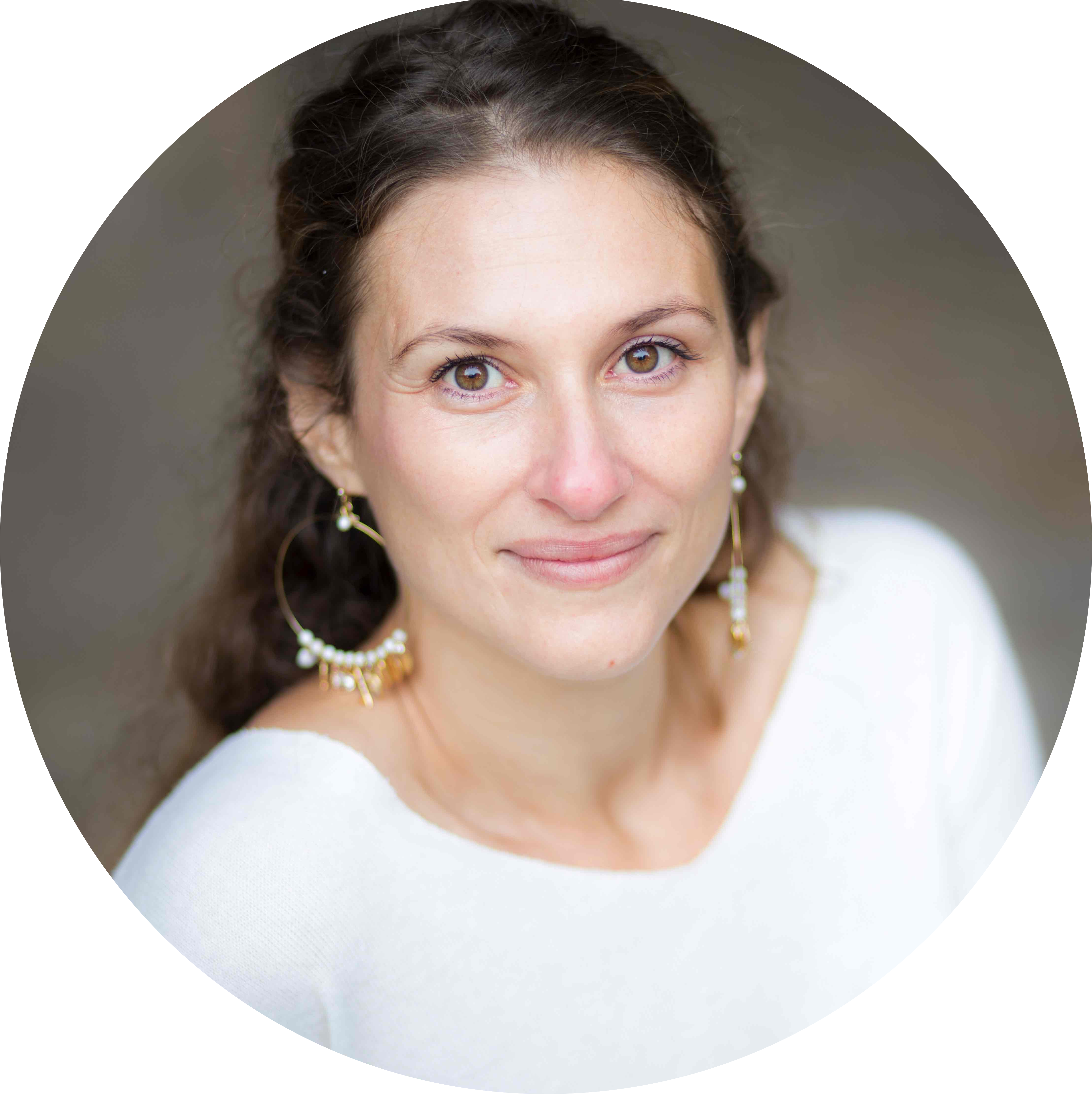 |
Marine Gauthier Founder and Advocacy Expert
|
| A graduate of Ecole Normale Supérieure and a PhD candidate at the Graduate Institute, Marine Gauthier has worked for over a decade providing advocacy guidance and support to civil society organizations, particularly on questions relating to human rights and environmental governance. After working for multiple NGOs as well as United Nations agencies, Marine founded CAP! in 2016 as a freelance consultant. In the years that followed, she teamed up with a skilled and engaged group in order to enrich CAP!’s competencies. She conducted extensive field work in South East Asia, West and Central Africa, mainly in DR.Congo, and also works as an international expert on REDD+, rights-based forest protection, indigenous peoples rights and civil society participation to land-use management processes. She now teaches regularly in France and Belgium on NGO Communications and Advocacy strategies (EFAP, Mundo-B, ULB) and works in parallel with the Center on Conflict, Development and Peacebuilding. Contact me: marine.gauthier@cap-impact.org |
 |
Magali Garcia Training Expert
|
| With a degree in International Law, Magali began by teaching Law at University. She then embarked on the great humanitarian adventure for seven years, acting as an expert advocate for NGOs and UN agencies in Africa and the Middle East. From meetings with traditional chiefs in central Niger to the corridors of the World Health Organization in Geneva, Magali has a multi-level experience: she applies the tools and tactics of influence at the local, national, regional and international levels. Specialized in humanitarian engineering, she also trained in the challenges of ecological transition in our territories, in order to get closer to the French public life. Magali is constantly learning about collective intelligence and shared governance tools, and applying them to training processes. |
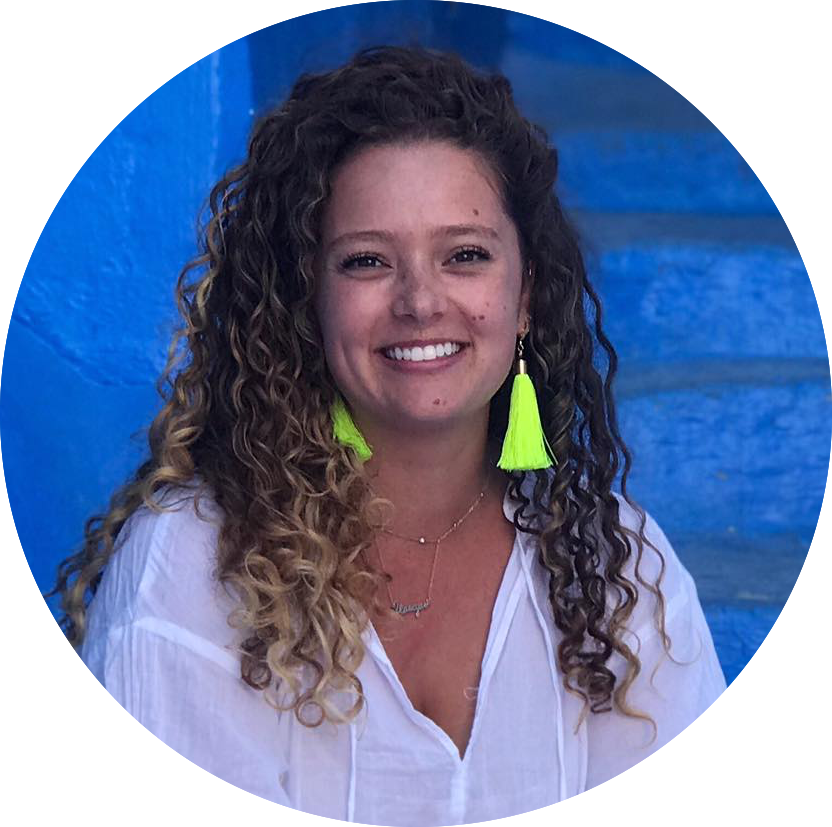 |
Bailey Castillo Advocacy Assistant
|
| Bailey Castillo graduated from The University of North Carolina at Chapel Hill in 2016 with a Bachelors in Peace, War and Defense. In 2015, after spending a summer working in Zaatari Village, Jordan, she became particularly interested in global resettlement and advocating for a better system of social cohesion and integration amongst different cultures. More specifically, she is drawn to the question of individual and collective memory amongst refugees. Starting in the Fall of 2020, she will be pursuing a Masters in Social Work with a Global Concentration. She assists CAP! on research, trainings and communications. Contact me: bailey.castillo@cap-impact.org |
 |
Atsu Sename Civil Society and Change Oriented Approach |
| Atsu has 12 years of experience in strenghtening Civil Society Organizations and local authorities in Togo. He is one of the first to have experimented with the Change Oriented Approach (AOC) in Togo, within a programme support for territorial governance. He is the general manager of Knowledge City Togo, coordinates the activities of the Knowledge for Development Partnership platform (K4DP) and of Knowledge Management for Development (KM4Dev) in francophone Africa. Since November 2019, he has been Training Manager at Agence Nationale du Volontariat in Togo and is in charge of strengthening the skills of volunteers and their post-volunteer integration. He has nearly 10 years of proven experience in capitalization and evaluation of development projects and programmes. |
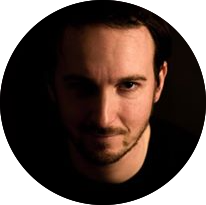 |
Vincent Vanderbeeken Public Speaking Coach |
| Winner in 2003 of a first prize in dramatic art at the Royal Conservatory of Brussels, Vincent has been involved in numerous theatrical projects in various major Brussels venues such as the Théâtre Royal du Parc, the Théâtre Royal des Galeries, the Théâtre National... Since 2004, he has been very present and unanimously recognized in the world of professional improvisation. First a player at the LIB, then co-founder and coach at the LIP (Ligue d'improvisation professionnelle Wallonie-Bruxelles), he has to his credit more than 400 shows, matches and various improvisation concepts. Actor, director, author, and trainer, he created in 2015 the KMEO school of performing arts, where he teaches improvisation and dramatic art as a tool for social cohesion. Passionate about human relations and with over 15 years of experience as a teacher, he provides public speaking coaching in the private sector and associations. |
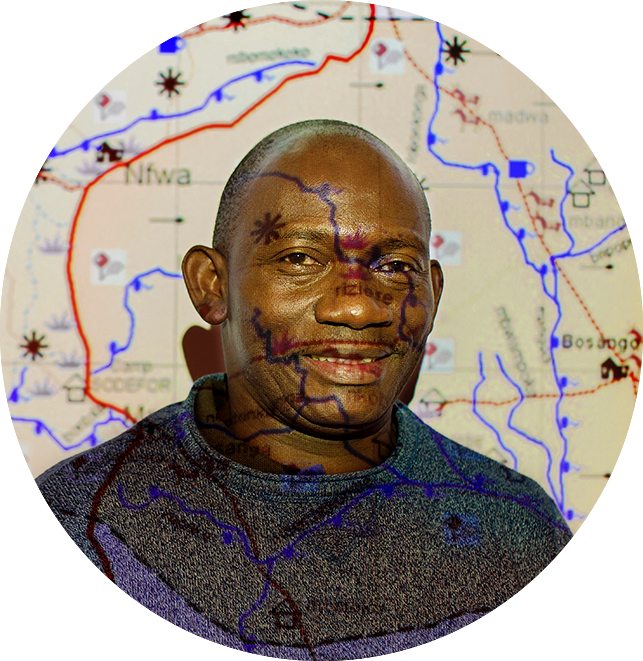 |
Barthelemy Boika GIS and Participatory Approaches |
| Barthélémy Boika is an expert in geographic information systems (GIS) and Technical Director of the Regional Documentation and Community Development Initiative (IRDAC). He brings to the CAP! collective a wealth of experience in advocacy using participative approaches, such as the use of participative 2D and 3D cartography in the African, Caribbean and Pacific Group of States (ACP). Currently engaged in the promotion of innovative geographic information technologies and drones in the service of sustainable development, he facilitates decision-making based on relevant geographic analyses and participatory cartographies. |
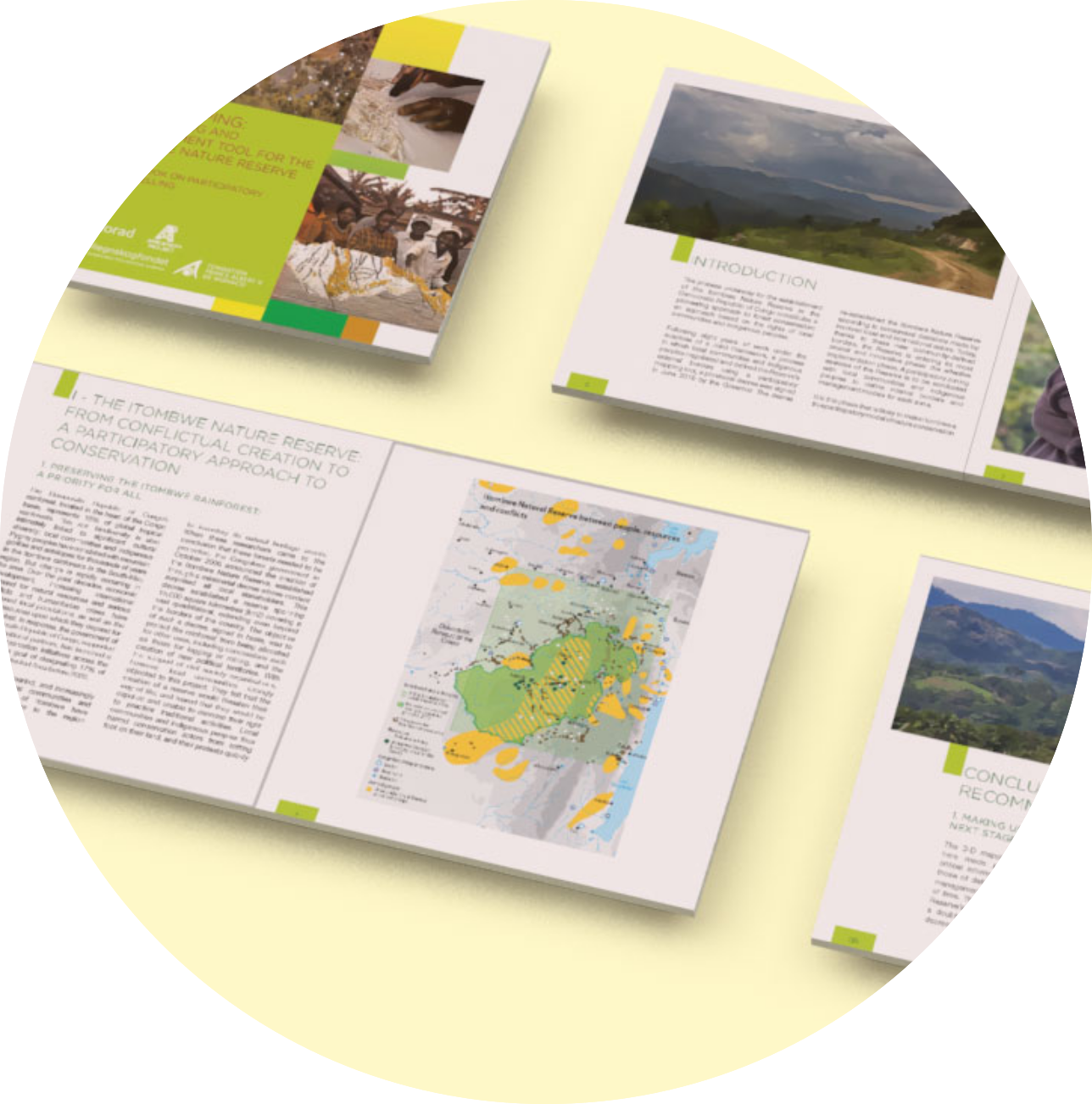 |
Jérôme Agostini Illustration and Graphic Design |
| Jérôme Agostini is an independent graphic designer and illustrator. He works for international organizations including the Food and Agriculture Organization (FAO), UN Women, the United Nations Development Program (UNDP) and Office for Project Services (UNOPS), as well as for non-governmental organizations such as Libraries Without Borders, Doctors of the World (Médecins du monde) and WeMove.eu. Jérôme creates communications materials and illustrations for web and print, and has contributed to several strategic communications reports and materials developed by CAP! for their clients. He also provided illustrations for the #StopGlyphosate campaign. Jérôme has published several books of drawings, including Souvenirs de guerre de Jacques Bertran, Mayotte and Tras Ayiti. |